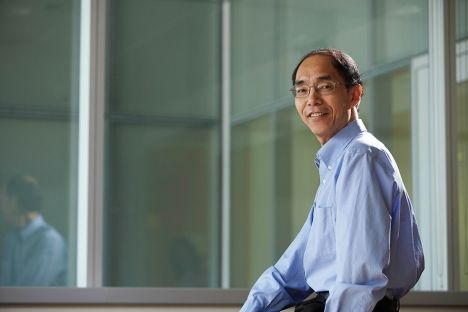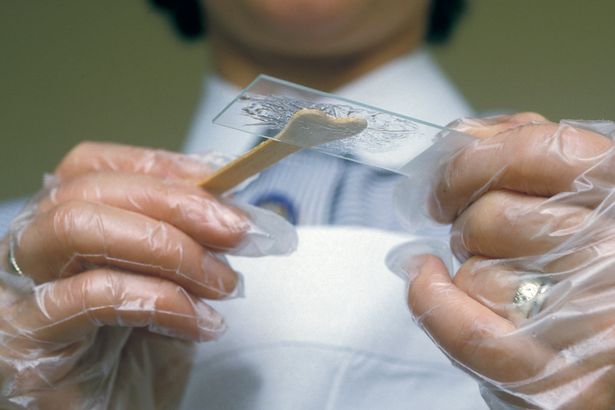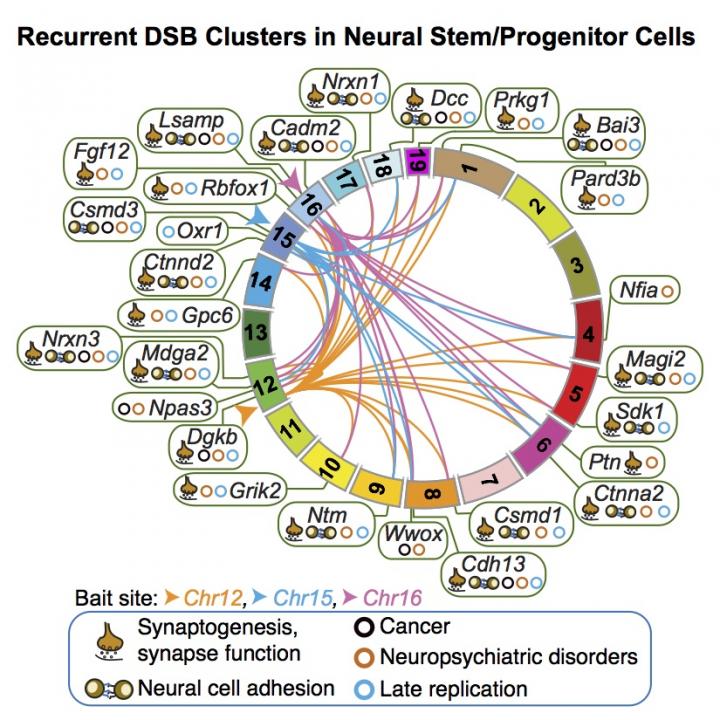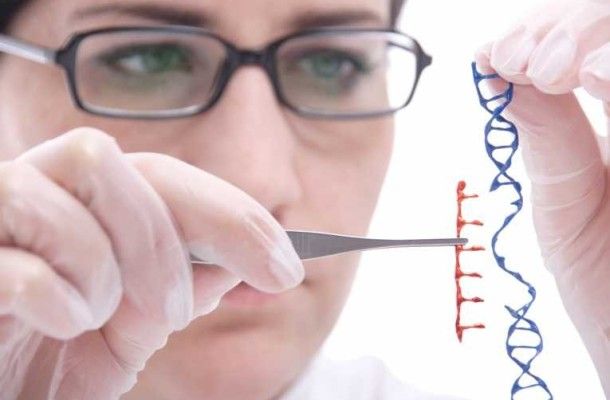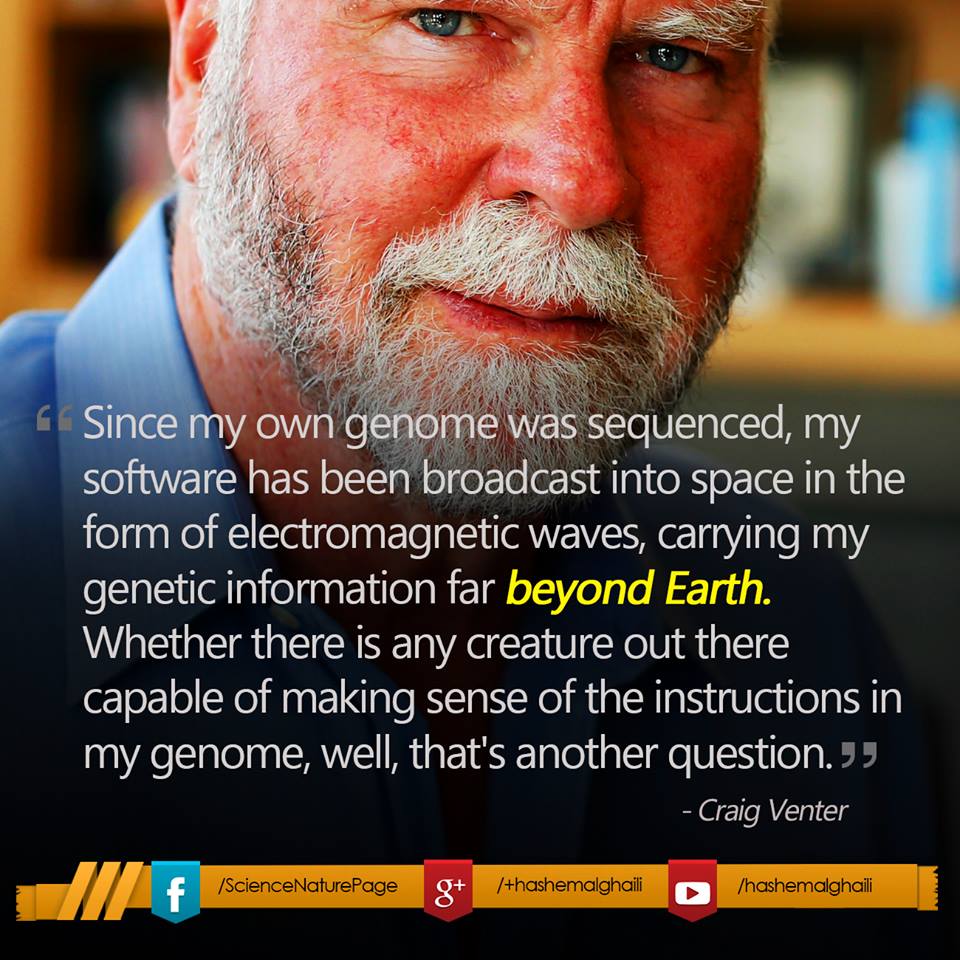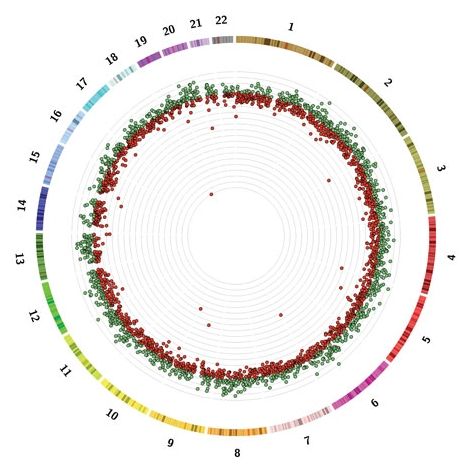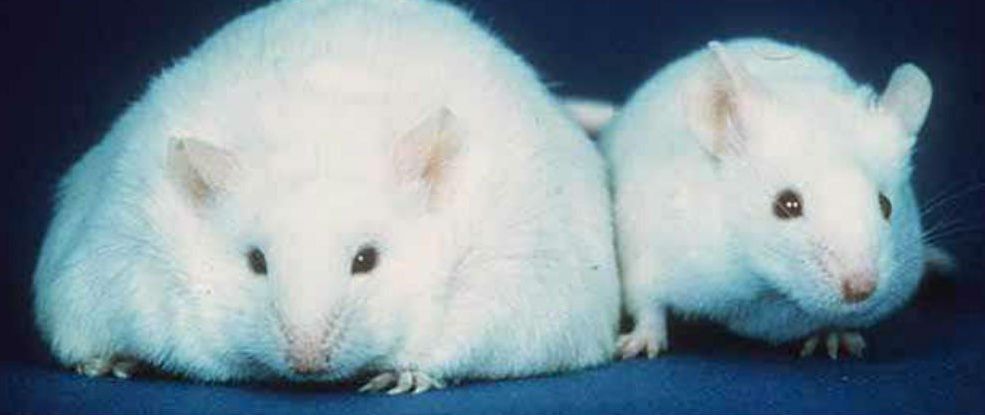
There’s still much that we don’t understand about obesity and its underlying causes, but scientists in Germany say they’ve discovered a genetic ‘switch’ that could effectively turn obesity on or off.
The new report is based on epigenetics research — that is, the way the genes in our bodies change based on chemical and environmental factors, rather than modifications in the fundamental DNA genetic code itself. We’re all born with a certain set of genes, but these can be turned on or off, or dialled up or down, though processes inside the body (it’s part of the reason why identical twins don’t always look identical).
It’s one of these epigenetic tags that the scientists have identified, and it works like a light switch rather than a dimmer. “Once the switch is triggered, it is a lifelong, epigenetically-driven decision that ends in a stable, either a lean or obese phenotype,” lead author Andrew Pospisilik from the Max Planck Institute of Immunobiology and Epigenetics. “The effect is akin to a light switch — on or off, lean or obese. Typically, we usually consider epigenetic control of disease to act much more like a dimmer, shifting phenotypes like body weight up or down gradually.”
Read more

